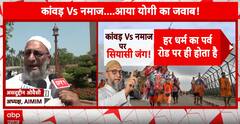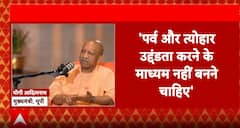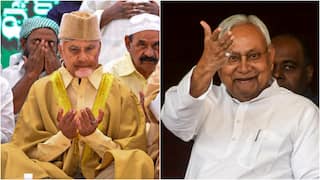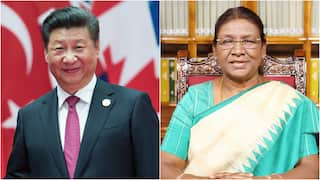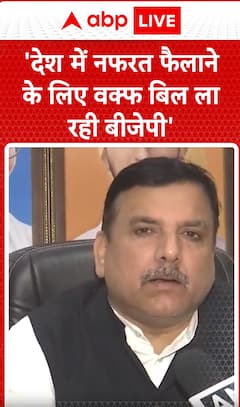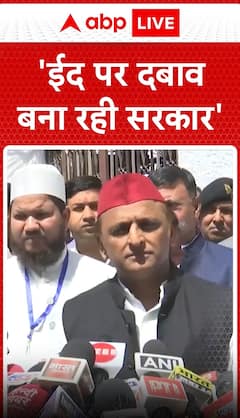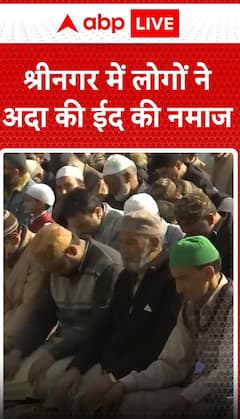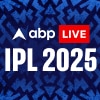Lagaan Reimagined: How IPL Is A Tax On Global North’s Wicket Keeping Of Sports

The IPL's use of sports diplomacy to levy a tax on the Global North's historical control of sports amplifies India's geopolitical push for a multipolar world. Born in England in the 16th century and exported through British colonialism in the 18th and 19th centuries, cricket’s modern footprint rectifies historical grievances.
Post-independence, its politicisation was instigated by India’s 1952 test win over England. A symbolic slap from a former colony proving its mettle against its old ruler. The 20th century saw cricket slip into something more provocative. The stuffy relic of the stiff-upper-lipped Brits shed its classic whites for a uniform of colour and cash-soaked swagger. It is now a lusty arena where nations flex their muscles and their wallets, far beyond the pitch.
Cricket means more than just a game in the Global South. Historical complexities have transformed matches into displays of national bravado, thrusting generational baggage into every six and stump. Take the rivalry between India and Pakistan, for example, where deep-rooted animosities are acted out on the pitch, or England and Australia’s butting of heads in nostalgia.
In contrast, South Africa's cricket legends emerge from the ashes of apartheid, the rebirth of a nation, offering a hopeful counter-narrative to its current challenges.
Conversely, Zimbabwe’s sporting struggles illustrate its unravelling, resonating deeply with those witnessing its trials, and some, like Afghanistan, offer a gritty, uplifting narrative of resilience in the face of adversity. Through cricket, nations channel their histories and aspirations, making the sport a powerful lens through which national identities are viewed.
The game’s real hegemon, however, is India, reflecting its broader currents. Its cricket community bond is implored as a megaphone for nationalism and clout. The ICC bends to its influence, favouring India with schedules and revenue splits, leaving Western elites scrambling for crumbs.
OPINION | Make America Relevant Again
IPL Is A Power Shift Of Resources Away From Global North And Into India’s Orbit
Since its voyage in 2008, the IPL has been a global lynchpin in the geopolitics of sports. Its billion-dollar shine made cricket a booming economy, drawing international investors to compete for riches. Despite politicisation and controversies, corporate backing and sponsorships from TATA and the likes offer mammoth financial rewards, enabling players and teams to receive compensation comparable to that of Western sporting elites.
It’s not an ordinary tournament; it’s a power shift of resources away from the Global North and into India’s orbit. A tax on the old guard of cricket, redefining who holds the reins. India’s journey towards the “democratisation” of the cricket has transformed not only how India perceives itself but also how the Global South holds its value.
The IPL’S 2025 installment has begun on its home ground. A dazzling spectacle of “Bowlywood” bigwigs, including “Badshah” Shah Rukh Khan, business royalty Mukesh Ambani, state politicians and cricket Gods, taking to the stage to enthral in true Indian extravagance.
The Mumbai Indians, Chennai Super Kings, Rajasthan Royals, and Kolkata Knight Riders, led by cricket icons Rohit Sharma, Mahendra Singh Dhoni, Sanju Samson, and Shreyas Iyer, are top contenders in this year's league. Supported by a diverse group of investors, the IPL has fostered a vibrant capitalist system worth approximately 16 billion USD.
The rise of cricket in India reflects a broader narrative of empowerment, now embracing it as a means of cultural expression. The IPL’s unique blend of sport and culture magnifies its contribution to a new sports order and unity through the love of the game. Its evolution unites politics, sports, business, and entertainment. This contemporary intersection captures the mood of the new era, where the Global South is asserting its dominance on the world stage.
A shift toward an inclusive and equitable cricketing arena also reshapes perceptions of women in sports and inspires the next generation of Global South sportsmanship. It stands as a testament to the dynamic changes in geopolitics and the potential for sports diplomacy to influence broader geopolitical objectives and social change.
More than being an Indian Premier League, the IPL is an “Iconic People's League” that has birthed a multipolar sports order that challenges Western dominance and enables players to gain opportunities and recognition that were once out of reach. Its success in showing off the sporting excellence of the Global South has bowled the Global North out of its “wicket keeping” tendencies, levelling the playing field for cricketers from all walks of life.
Rahul Banerjee is the Co-founder & Managing Director of Raisina House, a youth-led strategic policy consultancy & research think tank. Sheina Kiyara is a contemporary academic and founder of Think Africa, a teach tank at the nexus of private sector education and engagement with the UN SDGs.
[Disclaimer: The opinions, beliefs, and views expressed by the various authors and forum participants on this website are personal and do not reflect the opinions, beliefs, and views of ABP Network Pvt. Ltd.]
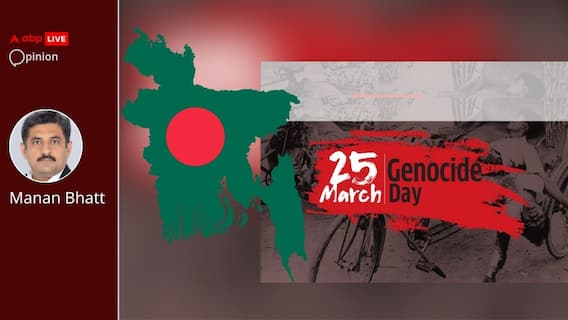 “ Opinion: 54 Years Of Operation Searchlight — A Bloody Tragedy Still Eluded By Justice
“ Opinion: 54 Years Of Operation Searchlight — A Bloody Tragedy Still Eluded By Justice

Trending News











